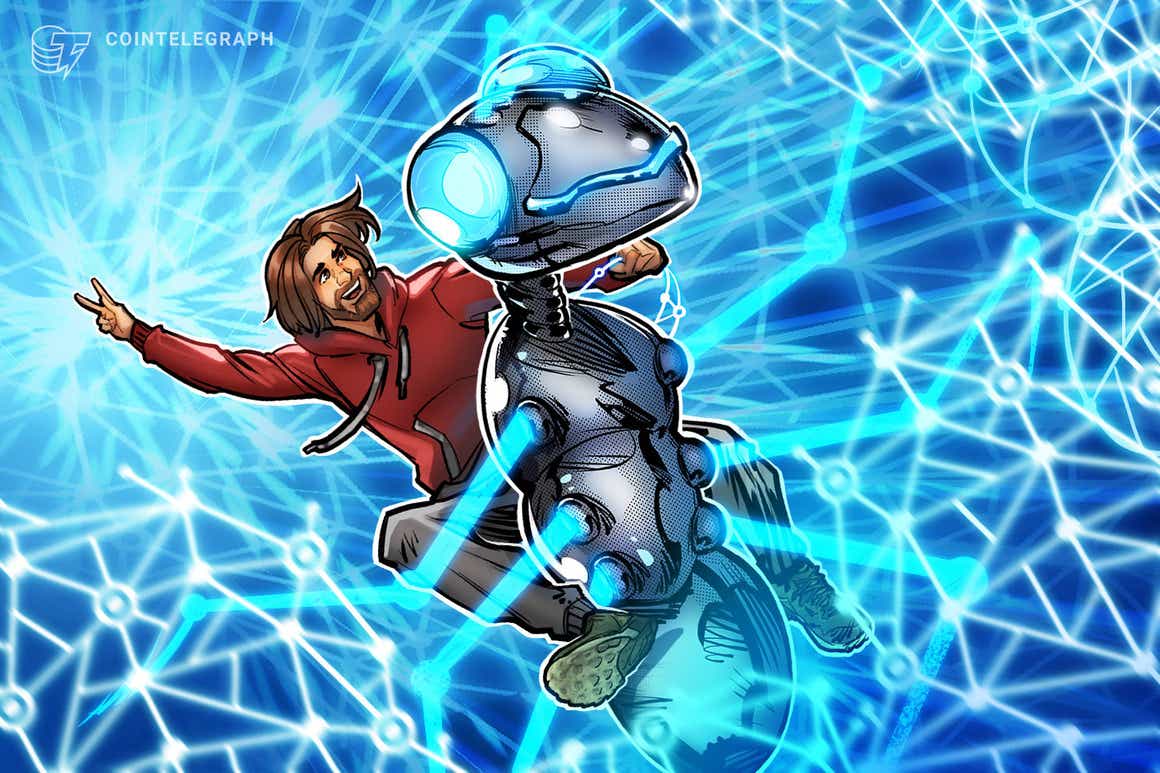Decentralized autonomous organizations (DAOs) offer a new way of organizing businesses in a non-hierarchical structure that encourages participation f
Decentralized autonomous organizations (DAOs) offer a new way of organizing businesses in a non-hierarchical structure that encourages participation from every member of a community. With no central leadership and decisions made collectively, DAOs could revolutionize the way we think about work, but their implementation is not without challenges.
The term DAO is sometimes used to refer to a system of software processes that coordinates and operates itself in a fully automated way, relying on humans only indirectly via outsourcing specific pieces of work to them as needed. The classic example would be a blockchain-based network that sells file storage space or machine learning model training services, advertising its wares, renting hardware, accepting payment and so forth via automated scripts or smart contracts. The automated network could take care of every aspect of the organization — potentially, it could even include code enabling it to summon and pay a human accountant or lawyer when necessary.

Another interpretation of the term DAO is as a mode of organizing network software processes that may be individually governed by humans, but where the overall network is controlled and guided in a decentralized way without typical formal corporate structures or management.
Related: DAOs are the foundation of Web3, the creator economy and the future of work
In this sense, a DAO is a sort of collective, considered as an alternative to traditional corporate or non-profit structures, where members can be either humans or AI agents and are often only known to each other via rather opaque-looking IDs like cryptocurrency wallet addresses.
Applications
The DAO model is particularly viable in the crypto economy, which is based on decentralization and community participation. Unlike the traditional world, where small shareholders have no say in public company management, anybody can make proposals in DAOs and have them voted by the community of tokenholders.
These decentralized, open-sourced communities are often very engaged and participative, discussing the company vision, roadmap and financials in free-to-access online communities. This level of participation ensures consistent scrutiny, removing single points of failure in companies’ management, as well as fostering bias-free decision-making.
Related: DAOs will be the future of online communities in five years
However, the DAO mechanism is not exclusive to the world of cryptocurrencies and could be used in any sphere of life where it is beneficial for multiple humans — or multiple software processes with different owners — to come together to undertake common pursuits. As the usability of blockchain technologies increases, creating a DAO should become not much more difficult than setting up a Google Group.
Nevertheless, DAOs require a high level of education and participation, which is why there are currently no examples of fully decentralized and successful organizations. There are, however, organizations that are embracing this model and furthering their path towards decentralization. Metacartel is a good example of a semi-decentralized developer community; Aragorn has been successfully spinning off a number of DAOs and Compound is a good example of a DAO that might succeed over the years.

A somewhat curious example is ConstitutionDAO, a single-purpose DAO (SPD) with the sole aim of purchasing the first copy of the U.S. Constitution. Although the experiment contained some design issues and (narrowly) failed its mission, it had the merit of raising DAOs to the attention of the media.
Future developments
The future looks bright for DAO projects. As remote working becomes increasingly common, DAOs will become a popular business model for the gig economy, meaning that a community of independently organized freelancers will be able to join and contribute to DAOs in a decentralized manner, without depending on a central leadership structure.
A particularly interesting development of this business model will be AI DAOs, where a community of human participants votes for the AI agents that represent them in the DAO’s decision-making process, removing human bias. In this way, AI agents work collaboratively in a decentralized manner, reviewing and ranking each other.
It is likely that many DAOs in the blockchain world will start their life as a network of software processes that are largely controlled by humans, but will progressively increase automation as AI, blockchain and other allied technologies advance.

Related: Introducing the Trivergence: Transformation driven by blockchain, AI and the IoT
Moreover, the DAO structure will be the most beneficial organizational model for the first Artificial General Intelligences (AGIs) when they emerge. DAOs are more fundamentally and thoroughly democratic than other available modes of organization, and they intrinsically encourage cooperation and collaboration between humans and AI, which militates toward ethical AGI outcomes….
cointelegraph.com
